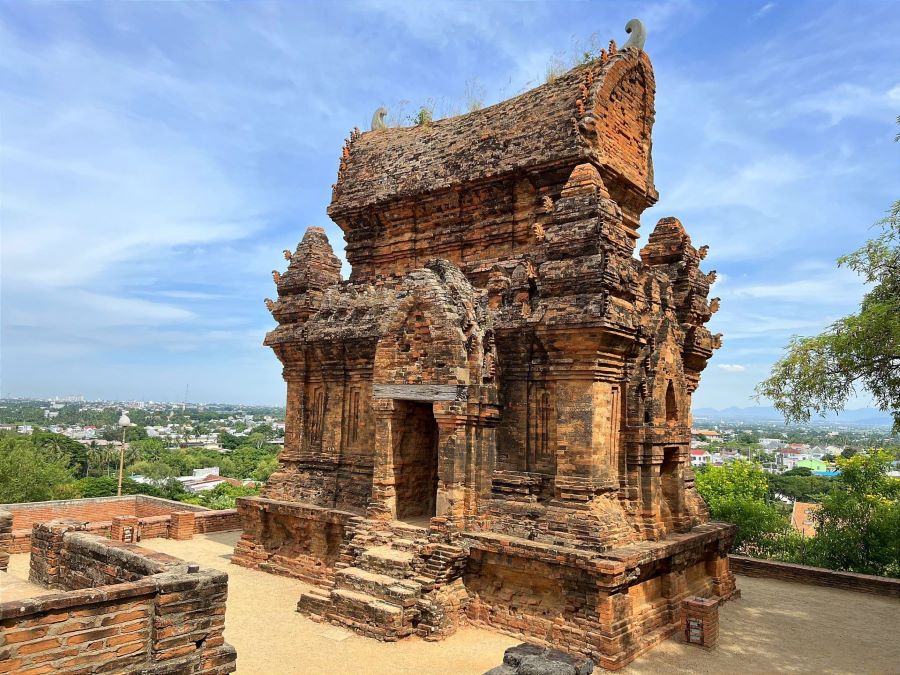Pu Peo unique customs and cultural values
Pu Peo ethnic minority people live only in the northern mountainous province of Ha Giang. The group has approximately 1,000 people living mainly in Dong Van, Yen Minh, and Bac Me district. They don’t live in the high mountains but in the valleys of the Dong Van plateau.
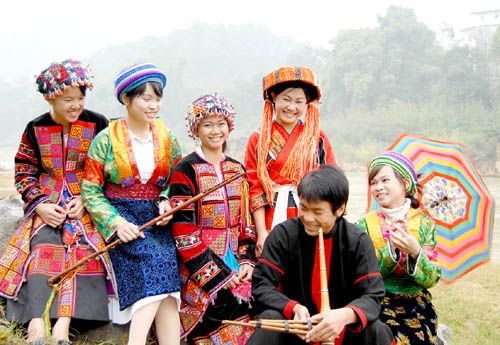
The Pu Peo in Vietnam were first mentioned as the La Qua by scholar Le Quy Don in his book Kien Van Tieu Luc written in the middle of the 18th century. In early 19th century documents, the Pu Peo were mentioned as the Penti, Pentilolo, Kaobeo and also Pu Peo. In Ha Giang province, the Pu Peo, with a small population, live scattered on high mountainous areas along the Vietnam-China border. Different from the H’Mong people who live high on the mountains, the Pu Peo establishes their villages on the flat grounds in mountainous areas. They reside in Pho La, Sung Trang and Phu Lung which has a sub-tropical climate. They grow maize, rice, buckwheat, and beans in terraced fields and use buffalos and cows to plough. Rice and corn flour are their main foods. They raise buffalos and cows to do farm work and consider them key assets of the family. Besides terrace farming, Pu Peo women sew, embroider, and weave bamboo products to earn extra income. Visiting Ha Giang in Northern Vietnam Tours, tourists can explore the Pu Peo‘s life.
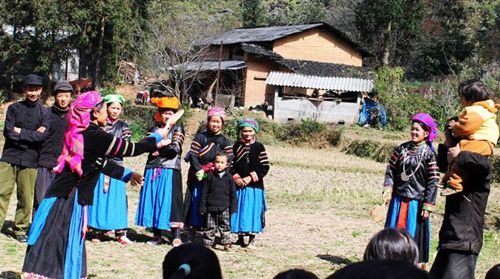
The Pu Peo’s houses often lean against the hillside and look south or southeast to their gardens and fields. Their house has a wood frame and earthen walls about 40-50 cm thick. Luu San Van, a researcher of ethnic groups in Ha Giang province, says: “The Pu Peo group has its own language and unique customs. They practice their own farming techniques, folksongs, and orations for ancestral worship and genie worship, “going to the field” rituals, weddings, and funerals.”
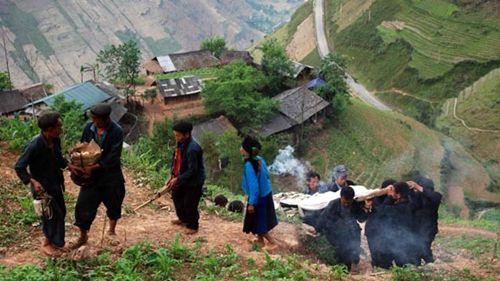
The Pu Peo use the calendar of China’s Zhou dynasty. According to this calendar, a Khuop Mai or cycle comprises 12 years and a year comprises 12 months. Twenty-nine or 30 days will make a month and 12 “hours” will make a day. Similar to the current lunar calendar, there is a leap year every three years. So, the Pu Peo also celebrates the lunar New Year festival (Tet) as other ethnic groups do. Visiting Pu Peo village on lunar New Year will be the most unforgettable memory in your Vietnam tour.
Each Pu Peo clan member has two family names – one for official documents and one ancient name indicating family ties. For example Cung, Trang, and Phu are family names used for government documents. Individuals also have a pair of family names used within their family, like Kacung-Kacam, Karam-Kacham, Karu-Karua, and Kabu-Kabong. Each clan has a system of middle names that change in each generation. They are partrilineal, which means a married couple live with the husband’s family and their children take their father’s family name.
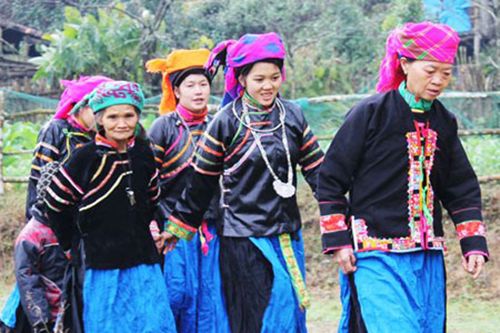
The Pu Peo are polytheists who worship genies of brooks, rivers, forests, mountains, and trees. Their worship of the forest genie is an important and one that is most revealing of their culture.
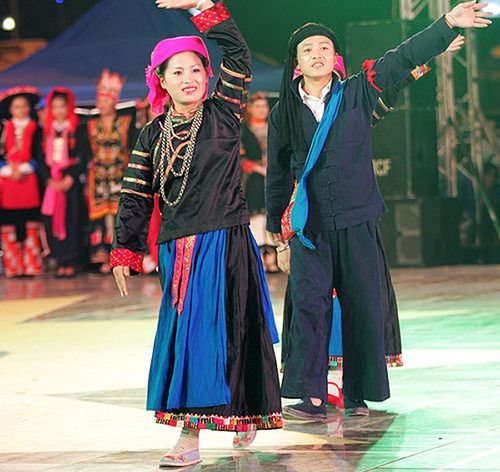
The costumes of the Pu Peo are plain and modest. Women wear a long black dress decorated with pieces of colorful cloth. Girls twist their hair around their head and tie it with a purple headscarf. Older women tie their hair above their forehead and fix it with a wooden comb. Pu Peo women prefer silver bracelets, necklaces, and rings. Cung Thi Xuan, a Pu Peo woman, says: “The main colors of our clothes are red and blue. Red symbolizes the man and the woman’s respect for the man, the pillar of the family. We always sew red on our clothes first. Blue is the symbol of the woman. It takes us about 2 hours to make a set of clothes.” Our Hanoi – Ha Giang Photography Tour will help you enjoy the beauty of Pu Peo unique customs and cultural values
The Pu Peo live harmoniously with nature. They consider the forests their life and protecting the forests is part of their religious belief.
Start planning your tailor-made Vietnam tour by contacting one of our specialists…







